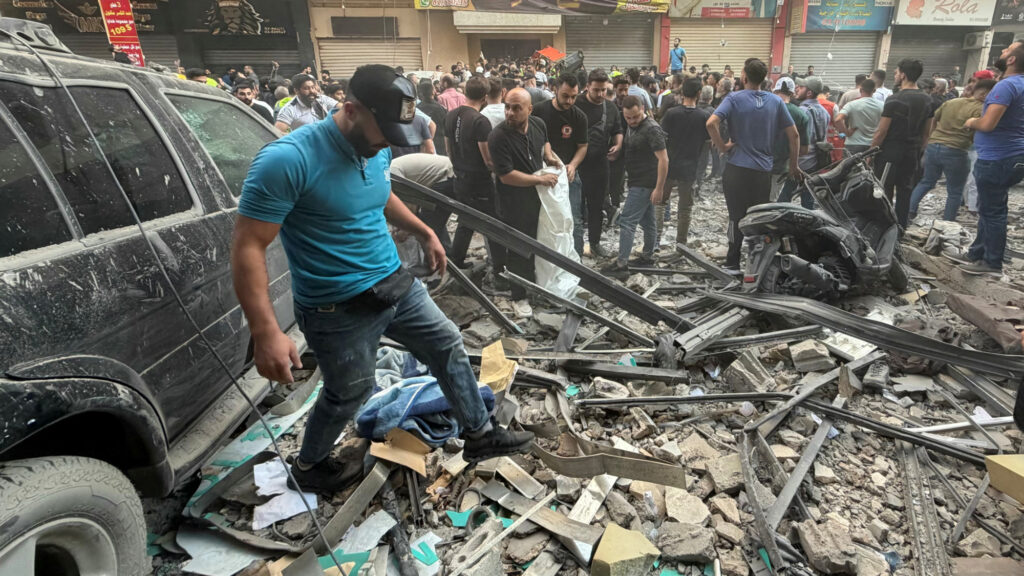An Israeli air strike targeted a senior Hezbollah leader in the Lebanese capital, Beirut, on Sunday, marking the first such attack without warning since last year’s ceasefire.
The strike hit an apartment building in the densely populated Haret Hreik area of Dahiyeh, the southern suburbs of the city.
The Lebanese health ministry said one person was killed and 21 were wounded, though their identities have not been immediately released.
Israeli Prime Minister Benjamin Netanyahu confirmed that the strike “in the heart of Beirut” targeted what he described as “Hezbollah’s chief of staff”.
Israeli media identified the target as Haytham Ali Tabatabai, saying he was the group’s de facto military chief and second-in-command after Secretary General Sheikh Naim Qassem.
New MEE newsletter: Jerusalem Dispatch
Sign up to get the latest insights and analysis on
Israel-Palestine, alongside Turkey Unpacked and other MEE newsletters
Hezbollah has yet to issue an official comment.
A source from the group told Al Araby TV that a senior figure was targeted, but there was no precise information about his identity.
Israel and Hezbollah signed a ceasefire in November 2024, ending months of clashes that had escalated into full-scale war in September 2024.
During the conflict, Israel killed Hezbollah’s long-time chief Hassan Nasrallah, his deputy and several other senior figures, dealing a major blow to the group’s leadership and capabilities.
Israel has routinely violated the ceasefire, carrying out air strikes deep inside Lebanese territory. According to the Lebanese health ministry, at least 331 people have been killed and around 1,000 wounded since the ceasefire took effect.
Most strikes occurred in southern Lebanon. On a few occasions, Israel targeted Dahiyeh, but usually after issuing evacuation warnings.
Hezbollah has not launched any retaliatory attacks for nearly a year.
Israeli media and officials have recently suggested that Israel may launch another offensive against Lebanon, citing alleged attempts by Hezbollah to rebuild its capabilities.
Reports from Israel conflicted over whether the attack was coordinated with the United States. Some said Washington was aware that Israel planned to escalate in Lebanon, but did not know the timing or location of the strike.

